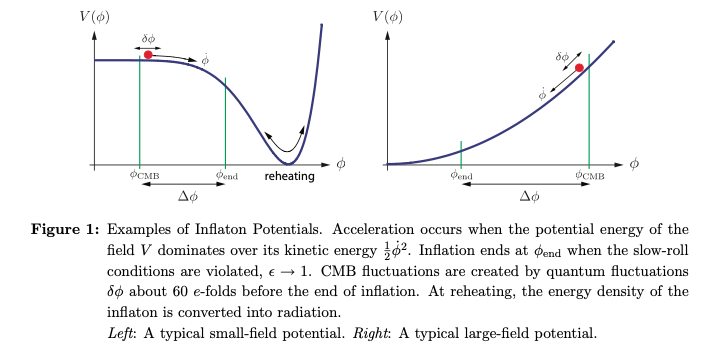This should hopefully be a quick one.
Is there any difference between the Big Bang Theory and the Hot Big Bang Theory?
Around Cambridge I hear everyone using "Hot Big Bang Theory", for example ther first line here of the pages of the Centre for Theoretical Cosmology.
In my undergraduate university it was referred to as the "Big Bang Theory".
I have tried searching online, and there does not seem to be much more mention of a "Hot Big Bang Theory" theory anywhere else on the internet. For example, wikipedia returns no results for the term.
I am almost certain that they are one and the same theory, and that this is simply a case of nomenclature, with Cambridge trying to be different as usual, but I just want to make sure. It's terribely unnecessiarly confusing!
So can someone confirm that there is no difference between these two theories for me please?

